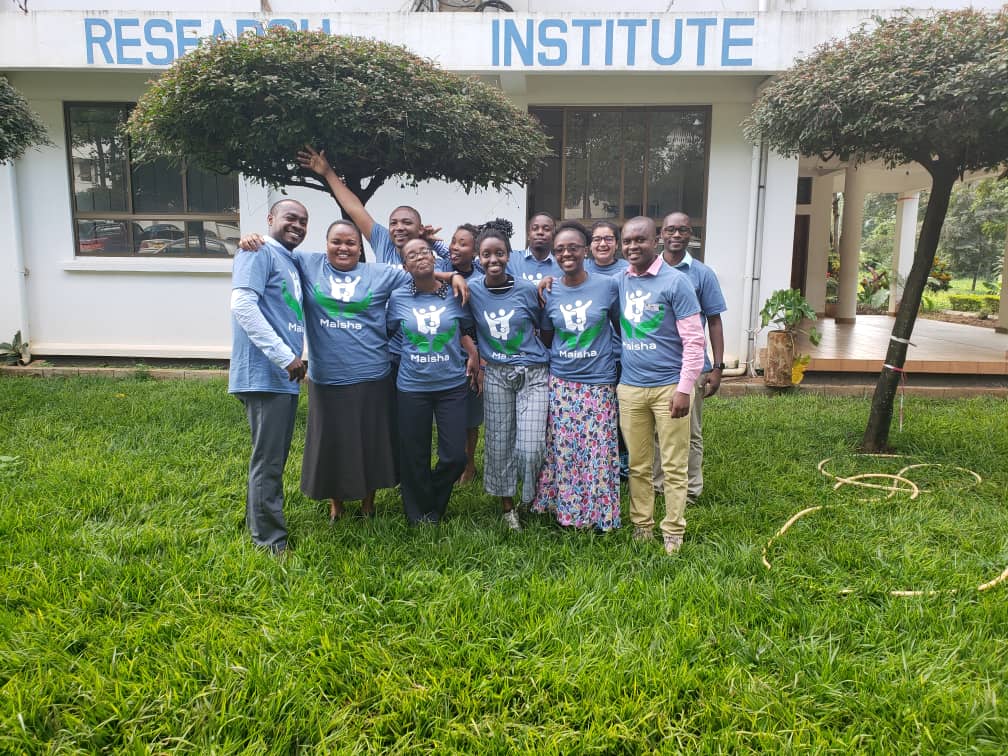Option B+ team members Melissa Watt and Cody Cichowitz traveled to Cape Town, South Africa to present at the AIDS Impact Conference, an international behavioral and psychosocial science conference addressing issues related to HIV/AIDS prevention, treatment, and care. Cody gave two oral presentations reflecting work from the B+ cohort and analysis of Kilimanjaro region medical record data. His presentations on retention in care across the PMTCT continuum under Option B+, and HIV-related shame, HIV acceptance, and attitudes about long-term ART fit well into their respective symposia, “Preventing mother-to-child transmission: new insights” and “Stigma: the invisible killer.” In addition to sharing early results from the team’s work, the conference provided valuable opportunities to meet fellow researchers, share ideas, and foster a renewed commitment to addressing the AIDS epidemic.



